ATPIO hosted a webinar on “Roundabout Design: Workflow, Limitations, and Solutions” on April 19, 2018 (Thursday) at 1:00 PM EDT (10:30 PM IST).
Recorded Webinar Link: https://connect.extension.iastate.edu/psf6w0o0cnr8/
Abstract
Transoft will present a one-hour session on roundabout design.
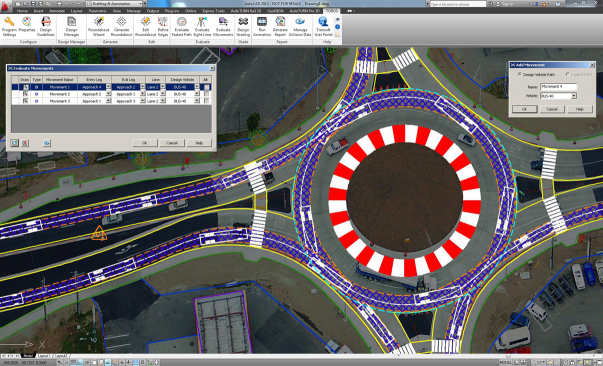
What You Will Learn:
- History of roundabouts
- Roundabout characteristics
- Benefits of roundabouts
- Challenges of roundabouts
- Common principles and objectives for roundabout design
- Case Studies
- Introduction to roundabout design solutions
- Software demonstration for roundabout design. You will be shown the right tools to design roundabouts smarter, more efficiently, and with fewer errors while giving you the ability to make better decisions regarding safety. The software produces initial geometry that is generated with your design criteria in mind, and provides real-time feedback regarding recommended dimensional and analytical ranges.
About the Speaker, Hannah Koshravi
 Hannah Khosravi is a Civil Designer working at Transoft Solutions Vancouver, Canada’s head office. She has over five years of experience in road design and traffic consulting, including two years of experience in researching and developing solutions for road, intersection and roundabout design projects. Hannah co-authored a research paper and presented on “A Deterministic Method of Evaluating Speeds For The Fastest Path Analysis At Roundabouts” at the 5th International Conference on Roundabouts at TRB. With a B.A. Sc. in civil engineering, Hannah has presented and lead educational sessions on roundabouts and intersection design at UBC, BCIT, Ryerson, and University of Texas.
Hannah Khosravi is a Civil Designer working at Transoft Solutions Vancouver, Canada’s head office. She has over five years of experience in road design and traffic consulting, including two years of experience in researching and developing solutions for road, intersection and roundabout design projects. Hannah co-authored a research paper and presented on “A Deterministic Method of Evaluating Speeds For The Fastest Path Analysis At Roundabouts” at the 5th International Conference on Roundabouts at TRB. With a B.A. Sc. in civil engineering, Hannah has presented and lead educational sessions on roundabouts and intersection design at UBC, BCIT, Ryerson, and University of Texas.


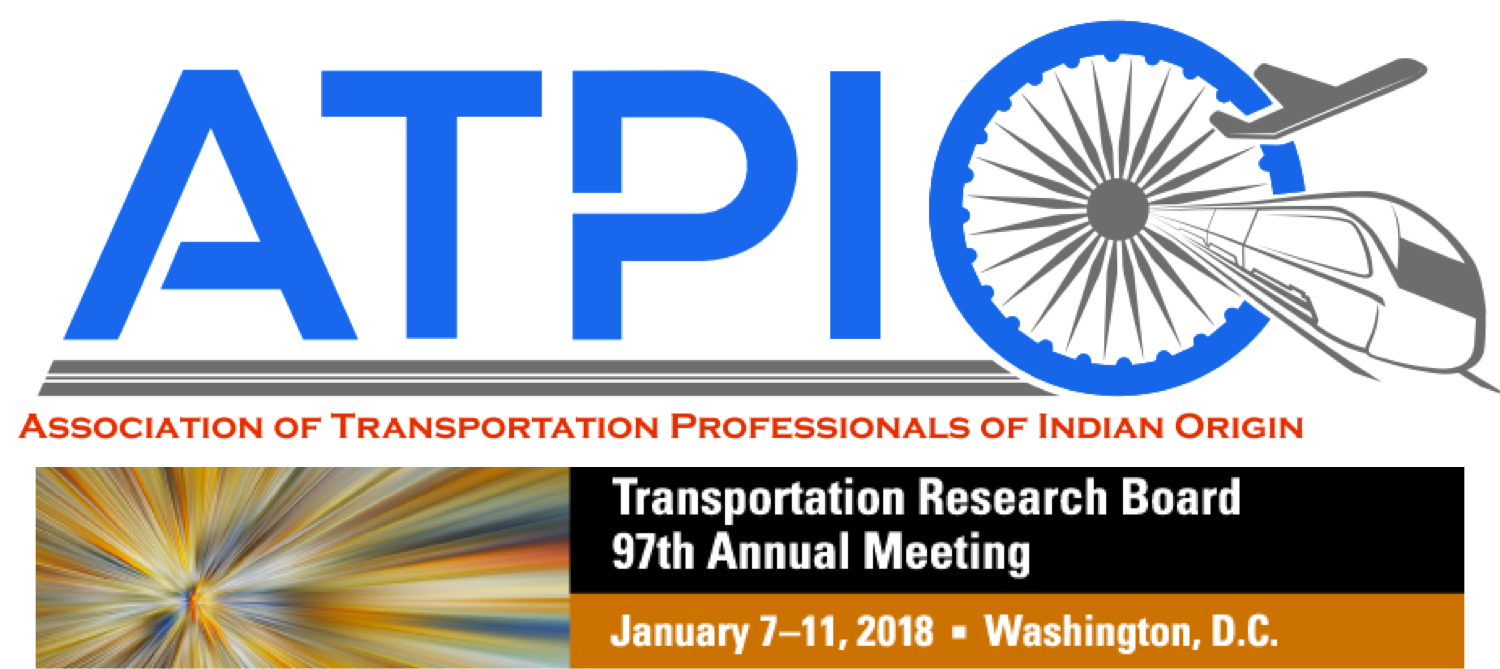

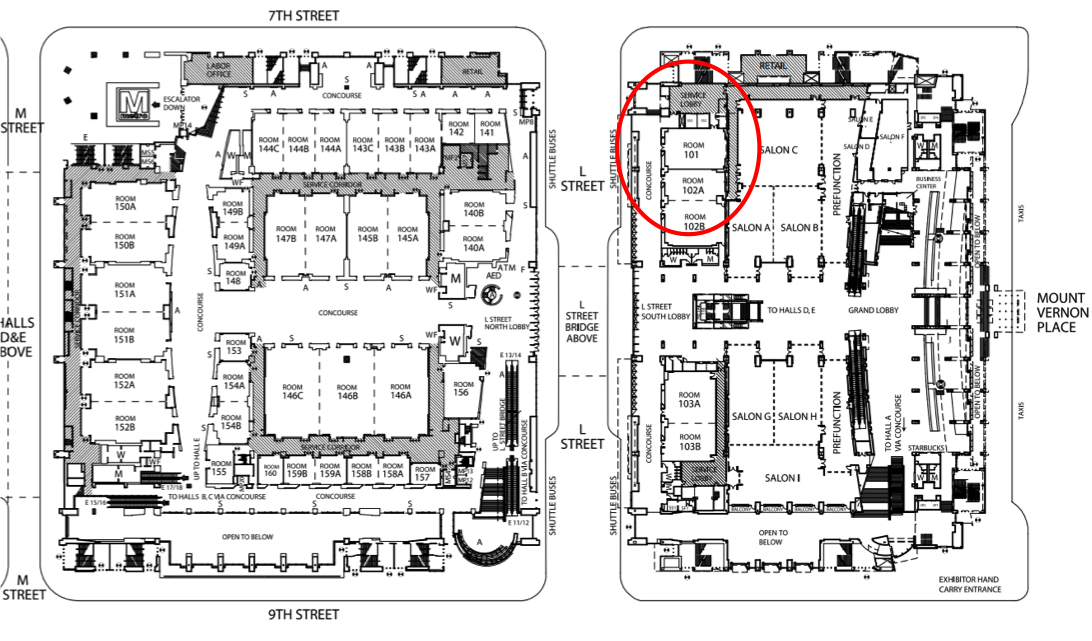
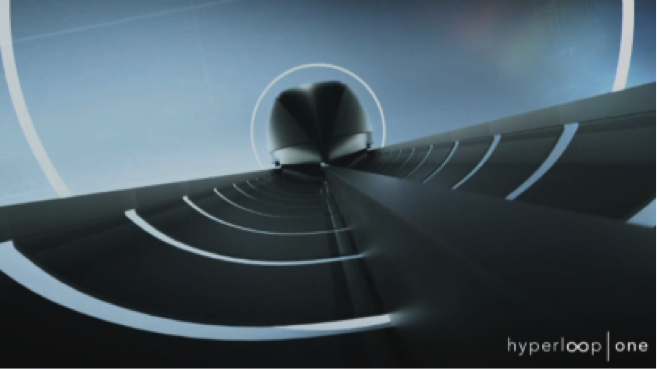
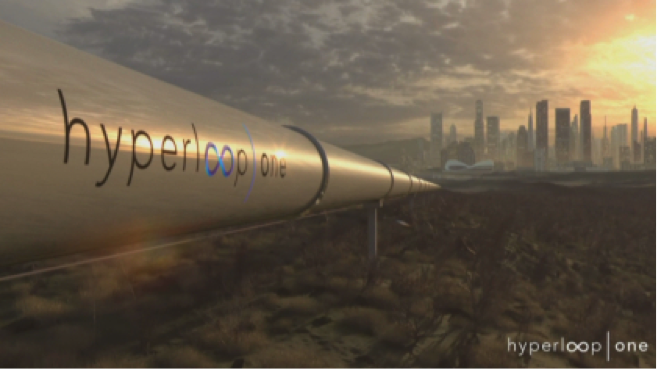
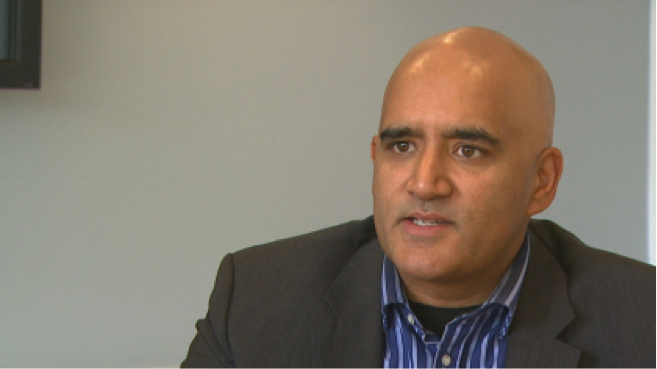
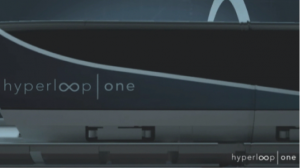
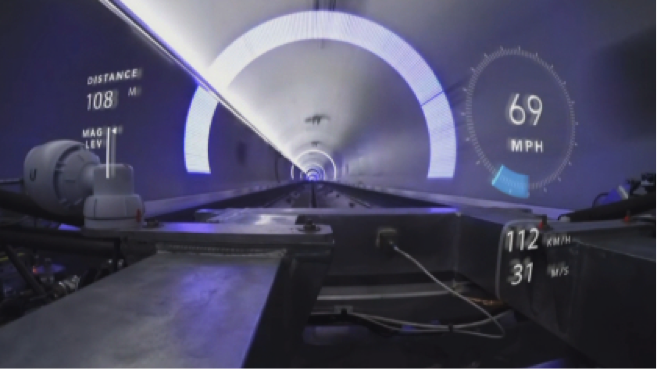
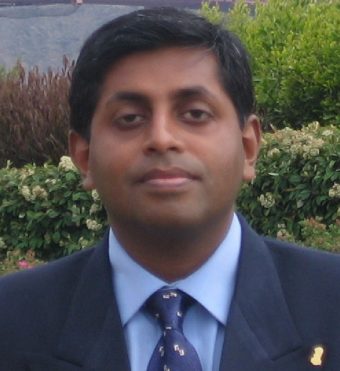
 Dr. Ashish Verma is a Ph.D. from IIT Bombay and currently serving as Associate Professor of Transportation Engg. at Dept. of Civil Engg., Centre for infrastructure, Sustainable Transportation, and Urban Planning (CiSTUP), and Robert Bosch Centre for Cyber Physical Systems (RBCCPS) at Indian Institute of Science (IISc), Bangalore, India. Further, he was a Visiting Professor at ITMO University, Saint Petersberg, Russia during 2016. He has authored more than 100 research publications in the area of sustainable transportation and road safety.
Dr. Ashish Verma is a Ph.D. from IIT Bombay and currently serving as Associate Professor of Transportation Engg. at Dept. of Civil Engg., Centre for infrastructure, Sustainable Transportation, and Urban Planning (CiSTUP), and Robert Bosch Centre for Cyber Physical Systems (RBCCPS) at Indian Institute of Science (IISc), Bangalore, India. Further, he was a Visiting Professor at ITMO University, Saint Petersberg, Russia during 2016. He has authored more than 100 research publications in the area of sustainable transportation and road safety.